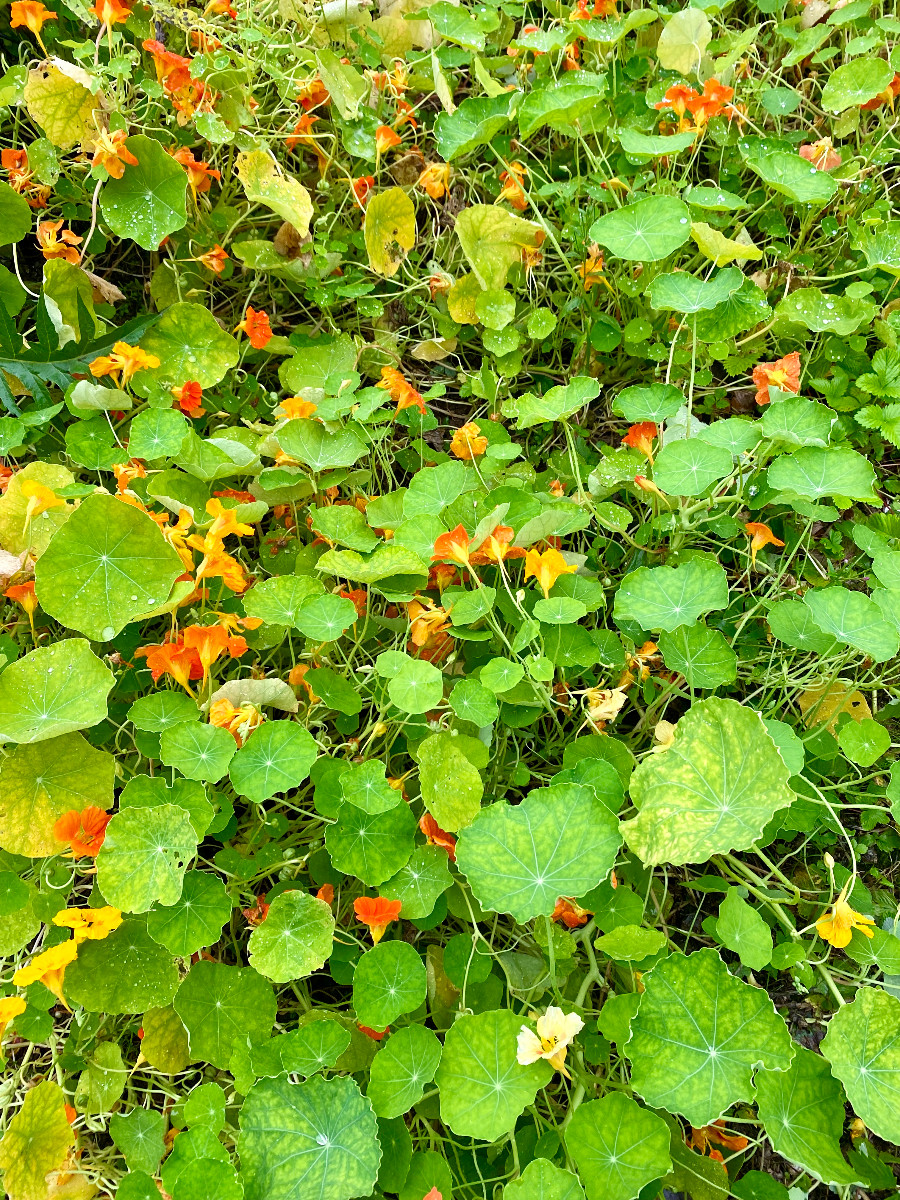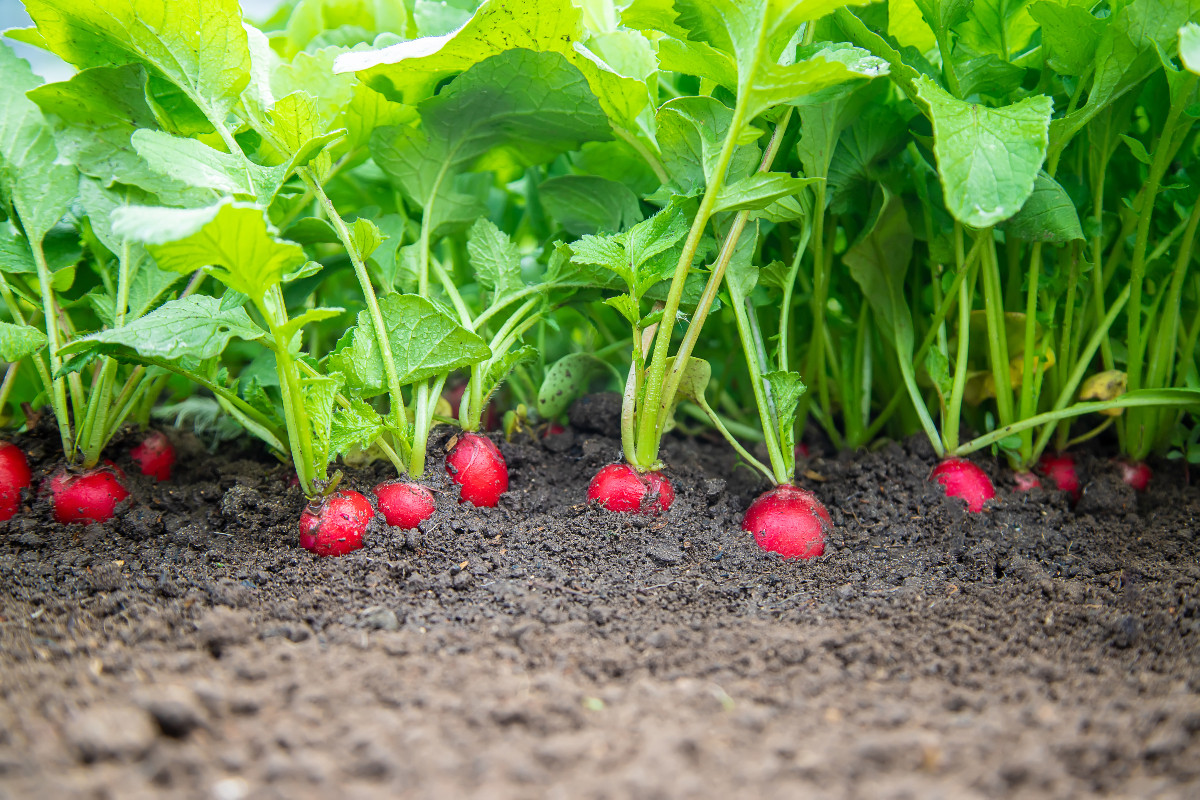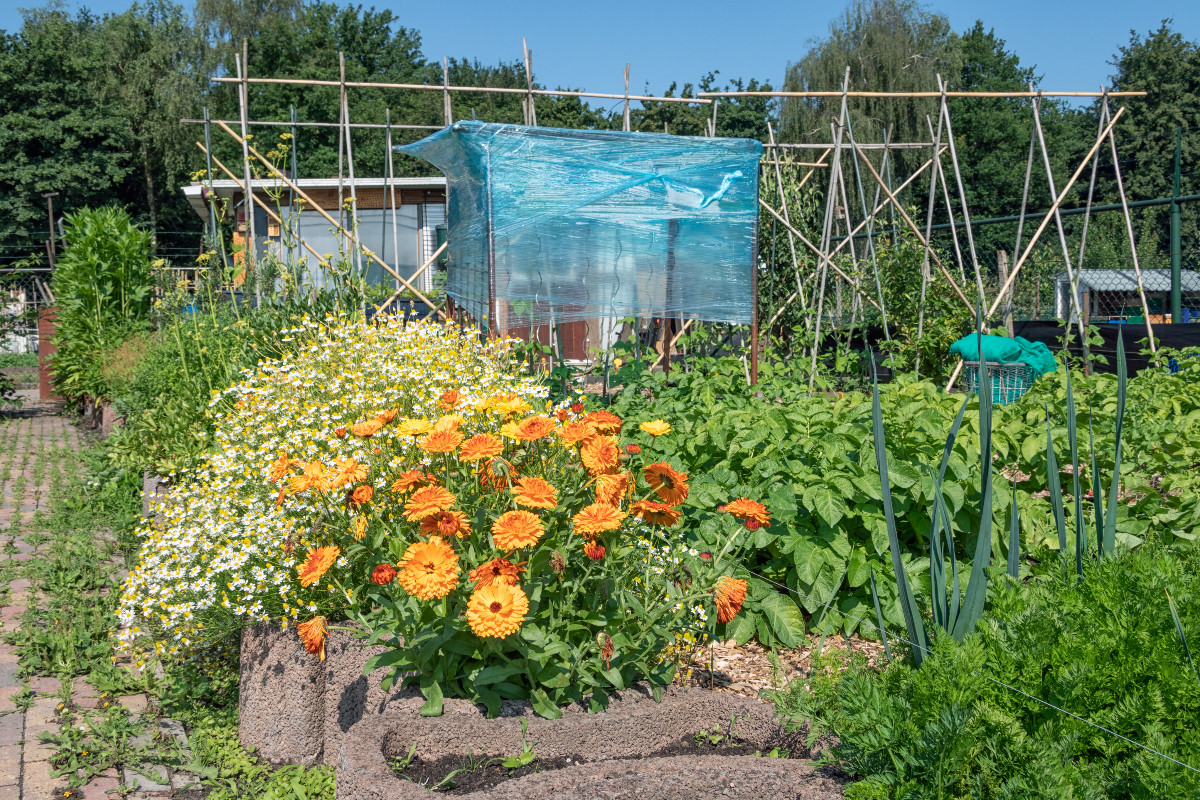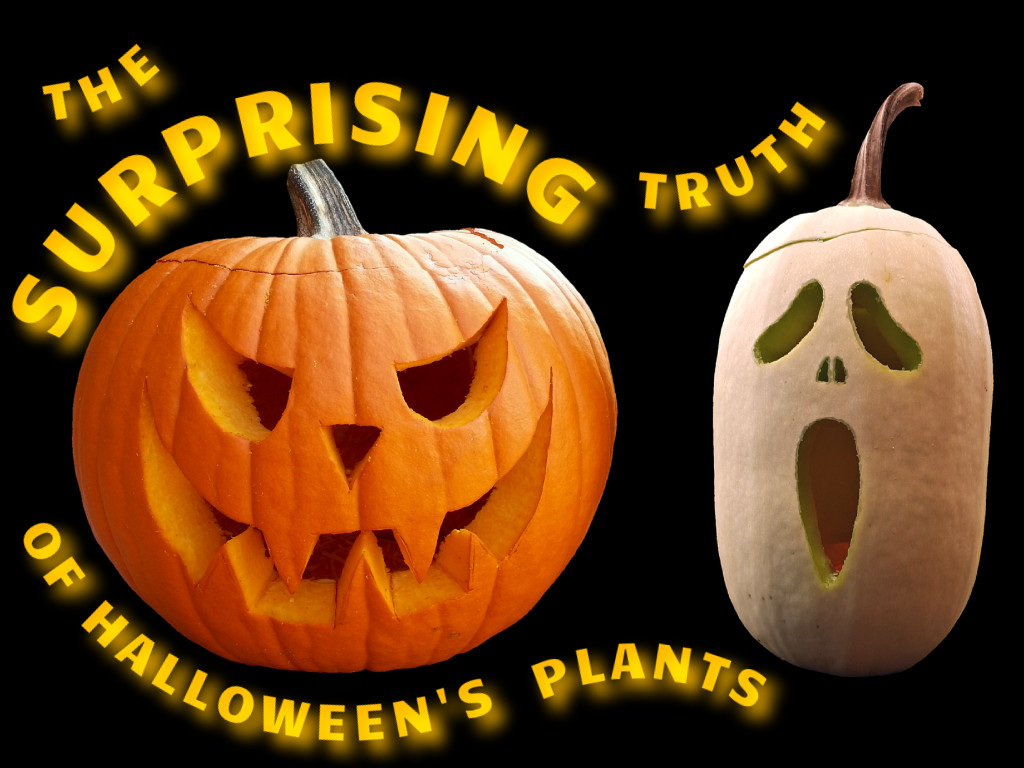Green Manure

Green Manure: Enhancing Sustainable Agriculture
Green manure, often referred to as cover crops, is a sustainable agricultural practice that has been employed for centuries to improve soil health, boost crop yields, and reduce the environmental impact of farming. This article explores the concept of green manure, its benefits, and the various practices associated with its implementation.
What Is Green Manure?
Green manure is a farming technique that involves growing specific crops primarily for the purpose of enriching the soil. Unlike traditional crops, which are grown for harvest, green manure crops are sown and then incorporated into the soil while still green and growing. This process adds valuable organic matter, nutrients, and microbial activity to the soil, enhancing its overall health and fertility.

Benefits of Green Manure
Soil Improvement: One of the primary benefits of green manure is its ability to improve soil structure and quality. Green manure crops, such as legumes and grasses, help reduce soil erosion, increase water retention, and enhance nutrient availability.
Nutrient Enrichment: Certain green manure crops, like legumes, have the ability to fix atmospheric nitrogen through a symbiotic relationship with nitrogen-fixing bacteria. This process increases soil nitrogen levels, benefiting subsequent crops that rely on this essential nutrient.
Weed Suppression: Green manure crops can effectively suppress weed growth by outcompeting them for resources, such as sunlight, water, and nutrients. This reduces the need for chemical herbicides.
Pest Management: Some green manure crops, such as marigolds, can act as natural pest repellents. They release compounds that deter or disrupt the life cycles of certain insect pests and nematodes.
Biodiversity Support: Green manure cover crops can attract beneficial insects and pollinators, fostering a healthier ecosystem within the farming environment.

Common Green Manure Crops
Several green manure crops are commonly used in agriculture:
- Legumes: Examples include clover, alfalfa, and vetch, which fix nitrogen and enhance soil fertility.
- Grasses: Species like rye, oats, and barley provide excellent ground cover and help prevent erosion.
- Brassicas: Crops like mustard and radishes have deep root systems that break up compacted soil and scavenge nutrients.
- Marigolds: Known for their pest-repelling properties, marigolds can be used as green manure to deter harmful insects.
Practices of Green Manure
Selection of Suitable Crops: Farmers choose green manure crops based on their specific goals and soil needs. Legumes are excellent for nitrogen fixation, while grasses provide good ground cover.
Timing: Green manure crops are typically sown in the off-season, between main crops, or just before winter. This allows them to grow and be incorporated into the soil before the next planting.
Incorporation: The green manure crop is either mowed down, plowed into the soil, or tilled under. Incorporating the crop while still green is essential to maximize its benefits.
Crop Rotation: Incorporating green manure into a crop rotation plan can help break pest and disease cycles while continually improving soil quality.

Conclusion
Green manure is a sustainable agricultural practice that offers numerous benefits, including improved soil health, enhanced nutrient availability, and reduced environmental impact. By incorporating green manure crops into their farming practices, growers can promote long-term sustainability while producing healthier and more abundant crops. This ancient technique continues to play a vital role in modern agriculture as we seek eco-friendly and resource-efficient ways to feed the world.






